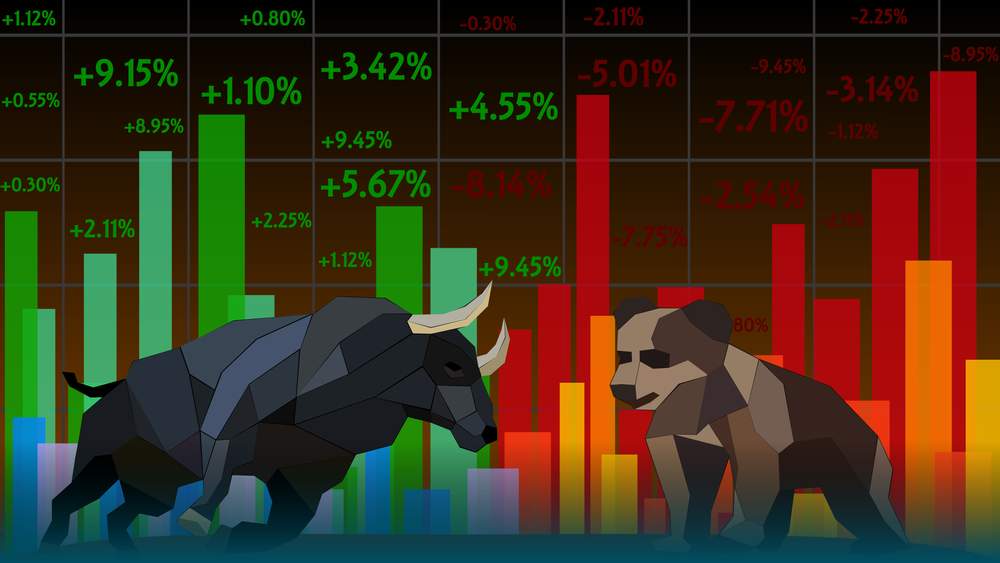On April 13, millions of people around the world were glued to their screens — war in the Middle East.
Iran had launched an attack against Israel. It would be hours before impact. The world watched as it wondered about the initial attack and any potential counterattack.
Attacks like this can be the first stage in a war. The tragedy of war is always unimaginable. It’s almost always unprecedented as new weapons or tactics take the horror of the battle to new levels.
As investors, we understand that. Our first thoughts are always to the innocents trapped in misery. But our thoughts also drift to the impact of war on the markets.
Many Wall Street pros weren’t surprised by the timing of Iran’s attack. There’s an old saying that “wars start on weekends.”
History lends some support to this idea…
Wars That Began on Weekends
- World War I started on a Sunday, with the assassination of Archduke Franz Ferdinand.
- World War II began on a Friday when German forces invaded Poland.
- The U.S. entered the war after Pearl Harbor was attacked on a Sunday.
- The Korean War started on a Sunday.
- The action that escalated U.S. involvement in Vietnam, the Gulf of Tonkin incident, was on a Sunday.
- The first battles of the Yom Kippur War were on a Saturday.
- After 9/11, the U.S. response in Afghanistan began on a Sunday.
These are just some examples. We saw no tactical reason for many of these events to occur on weekends. Some were simply accidents of history.
But they still highlight a major uncertainty many investors overlook — the risk of news over a weekend impacting the market.
Why Holding Over the Weekend Is a Risk
When markets are open, big investors can instantly assess the situation. They can buy or sell based on the news. This maintains an orderly market.
However — if bad news unfolds over a weekend — we tend to see an overreaction at Monday’s open. The initial wave of selling is often followed by additional selling as traders adjust the risk profiles of their portfolios.
This adjustment process can continue for days — creating pullbacks, and even bear markets.
Now, you might be thinking that I’ve selected just a few examples of this happening. But I have data that backs this pattern over a long period.
Over the past 10 years trading the SPDR S&P 500 ETF (NYSE: SPY), if you’d bought the Friday close and sold the Monday open, you’d have lost money. This is at a time when stocks were almost continuously in a bull market.
The S&P 500 Index opened higher 54% of the time. But the average loss was 1.2X the average win. This resulted in a significant loss.
The largest loss was more than 10% in March 2020, and we had five losses of more than 5%.
Over that time, the biggest weekend gain was just 3.9%. This shows how fear grows sharply over the weekend while greed builds slowly.
This is an important lesson for short-term traders. We want to minimize exposure to news risks over the weekend to increase our chances for success.
My new Accelerated Income System follows a special kind of “box” trade that avoids weekends entirely — and the results have been incredible.
My subscribers have already enjoyed a 95%-win rate with these trades over the past year.
These are low-risk trades we never hold for longer than three days, and the steady gains allow us to compound for a significant return over the next 12 months.
We just opened access to this strategy today — and I explain how you can start using it to grow your account in my presentation right here.
Michael Carr
Editor, Precision Profits
Our subscribers have been sending in raving reviews! Read Banyan Hill Publishing reviews here.
